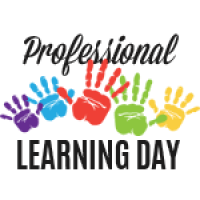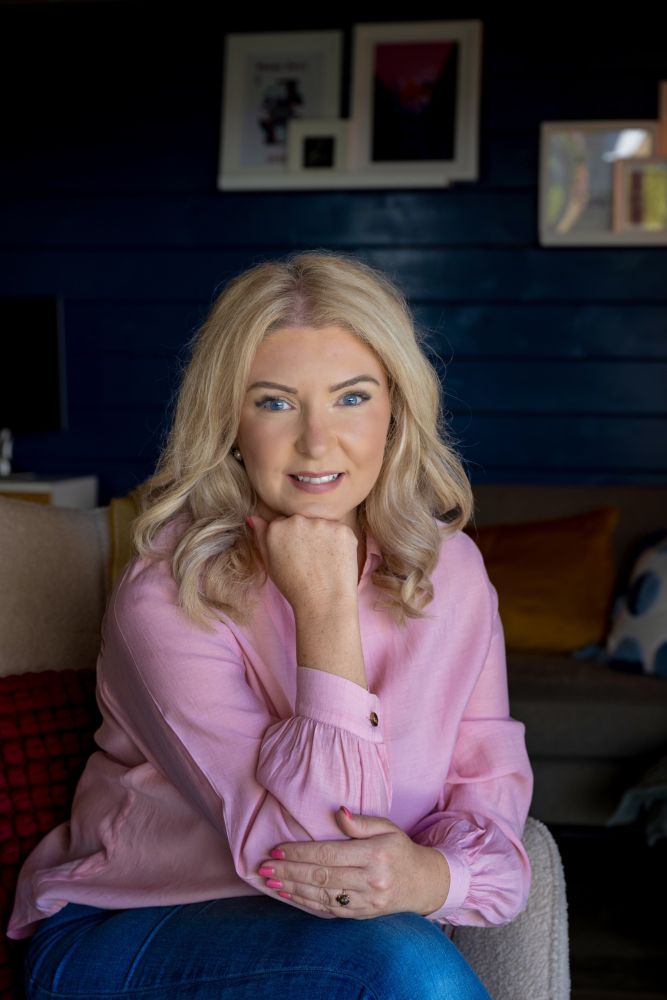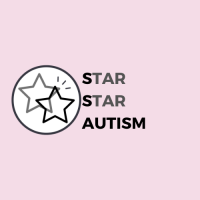Professional Learning Day - Supporting Non-Speaking Students in an Autism Classroom: A Teacher’s Perspective

Theme: Supporting Non-Speaking Students in an Autism Classroom
Purpose:
This professional learning day focuses on practical, evidence-informed strategies to support non-speaking autistic students. Participants will deepen their understanding of communication, engagement, and inclusive teaching practices that empower every child to participate meaningfully in learning.
Audience:
Primary SNAs, Teachers, and school support staff working with autistic learners.
Recording & Cert of Attendance: A recording will be shared with all registrants for a period of 4 weeks after the webinar. It will be emailed to you the following morning along with a cert of attendance for 3.5hrs. This can be used against your Croke Park hours.
Session Details
Session 1: AAC and a Total Communication Approach
Learning Objectives
-
Understand what AAC is and the range of AAC systems (from low-tech to high-tech).
-
Recognise the principles of a total communication approach and why multimodal communication is essential for non-speaking students.
-
Build confidence in modelling AAC and responding to all communication attempts.
-
Identify opportunities to support expressive and receptive communication throughout daily classroom routines.
Takeaway Tools
-
Printable ‘play time’ communication boards
-
Printable ‘meal times’ communication board
-
‘A Total Communication approach’ staff room poster
Session 2: Creating Communicative Classrooms: Visual Supports and Structure
Learning Objectives
-
Understand how visual supports enhance comprehension, independence, and engagement.
-
Learn to design structured environments that increase predictability and reduce cognitive load.
-
Identify ways to embed communication opportunities into daily routines and classroom systems.
-
Develop strategies for creating effective visual supports tailored to individual learners.
Takeaway Tools
-
First–then board template
-
Visual choice board templates
- Visual recipe samples
Session 3: Individualised Goals and Differentiated Instruction for Non-Speaking Students
Learning Objectives
-
Understand how to create meaningful, measurable, and achievable individualised goals.
-
Align goals with each student’s communication profile, strengths, interests, and sensory needs.
-
Learn how to differentiate instruction and embed AAC across academic and functional learning.
-
Identify diverse ways for non-speaking students to demonstrate understanding beyond verbal or written responses.
Takeaway Tools
-
Progress monitoring tool/template
-
Sample social stories
-
Sample AAC goals

Jessie is a Deputy Principal in a Special School for Autistic children who have complex needs. She has almost 13 years experience working with and teaching Autistic children and teenagers. Jessie has worked in a range of roles including home tutor, autism preschool tutor, SNA and Special class teacher. Jessie completed an undergraduate degree in Early Childhood Education and Care in 2012 and qualified as a primary school teacher with Hibernia College in 2019. Jessie recently completed a Postgraduate Certificate in the Education of Students on the Autism Spectrum at DCU. Jessie is passionate about educating Autistic students to their fullest potential. She runs the Instagram page ‘InspiredbyAutism’..
Co-Regulation in Action: Supporting Children Through Anxiety and Distress

Target Audience: Primary School SNAs & Teachers
A recording will be shared with all registrants for a period of 4 weeks after the live event. All registrants will receive a cert of attendance.
In every classroom, moments of anxiety and distress are inevitable, but how we respond can make all the difference.
This one-hour webinar explores what co-regulation looks like in real school settings, where time, space, and emotional demands often collide.
We’ll look at how language, body language, and environmental adjustments can help children feel safe, seen, and supported—even when they are struggling.
Grounded in neuroaffirmative and trauma-informed practice, this session offers realistic, actionable strategies for teachers and SNAs to use during moments of dysregulation or overwhelm.
Participants will leave with practical tools that foster emotional safety, strengthen connection, and build capacity for calm in the classroom.
By the end of this webinar, participants will:
-
Understand the role of co-regulation in reducing distress and supporting emotional recovery
-
Recognise how adult tone, presence, and body language impact pupil regulation
-
Identify the early signs of anxiety and overload in autistic and neurodivergent pupils
-
Explore environmental adjustments that promote calm and predictability in the classroom
-
Leave with simple, evidence-informed co-regulation strategies to use throughout the school day
Bio of Presenter

Laura Crowley is an Autistic autism consultant, additional needs sleep consultant, and award-winning advocate with over 25 years’ experience supporting neurodivergent children, teens, and families. A late-identified Autistic woman and parent to an Autistic child, Laura’s work is grounded in both lived experience and professional expertise. She is passionate about promoting neuroaffirmative practice, challenging outdated myths, and creating environments where Autistic people can thrive authentically. Through her consultancy, training, and advocacy, Laura focuses on truth, inclusion, empathy, and equity; helping families, schools, and professionals understand that different is not less, it is human diversity to be embraced.
Celebrating Minds of All Kinds - Neurodiversity-Affirming Practice

